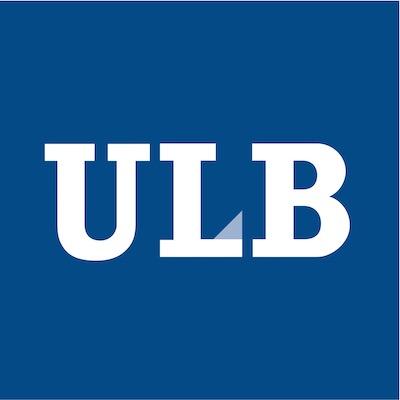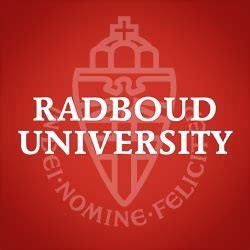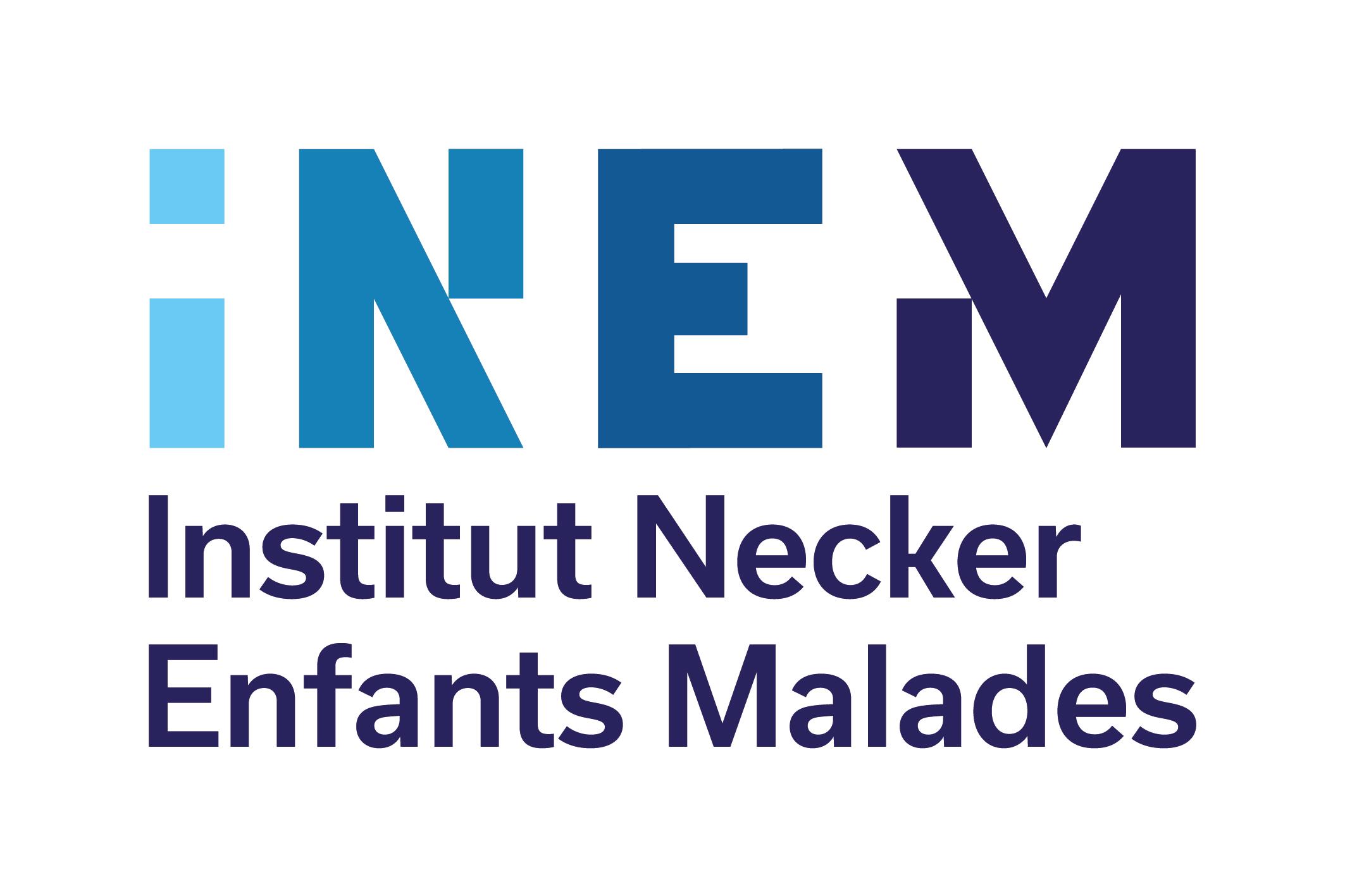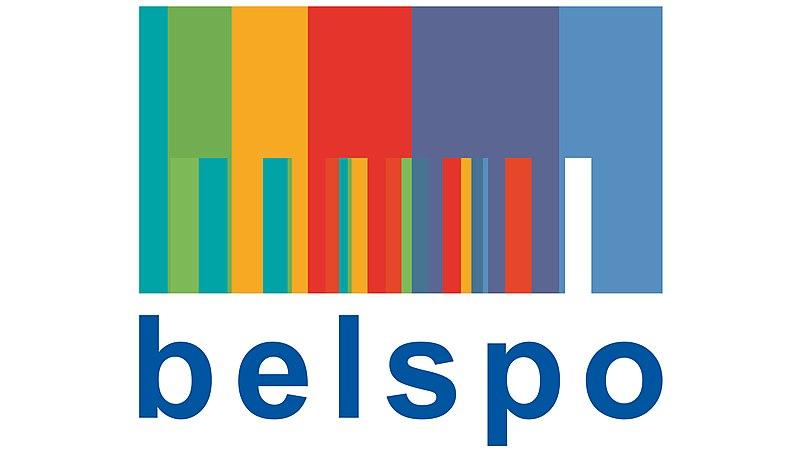The event has already taken place.
***************************
Researchers are now much more actively involved in considering the ethics of what they do, compared to say 10 years ago. The ERC has a particularly strong focus on ethics, so you will recently have thought about this topic. This group will not deal with research ethics in the narrow sense of “How do I get ERC Ethics to approve my research”, or “How do I deal with my local ethical committee”. Instead, we’ll focus on research ethics in the wide sense – these questions could include: How should researchers think about, and take responsibility for, the knowledge that they generate. What is the role of research in guiding society? Who benefits from this research, and who might be harmed?
This group is planned to meet at least 3 times, online, for 60-90 minutes each meeting.
- Tuesday, 24 October, 16:00 CET, online
- Tuesday, 7 November, 16:00 CET, online
- Tuesday, 28 November, 16:00 CET, online
Suggested topics for the first three meetings are:
1. The ethics of research: narrow and broad approaches
2. Embedding ethics in the aims of your research project
3. Scientific ethics in society: responsibility and thought leadership
The topic details, and the continuation of the group, will be decided in conjunction with the participants.
The group will be a discussion, not a class, and not a helpdesk. The moderator will introduce the first session, and suggest some themes, but the members of the group will be invited to develop their own themes, and guide the discussion.
 (1).png)
The registration link will be provided to AERG members.
If you are interested to join, please get in touch: contact@aerg.eu
Patrick Haggard is an experimental psychologist working at the Institute of Cognitive Neuroscience, University College London. He held an ERC Advanced Grant 2013-2018, and has extensive experience of reviewing, evaluating and chairing for ERC panels. He has longstanding interests in research ethics, research culture and academic governance. He has lead Ethics Workpackages on EU (FET) grants, and has been an ethics adviser to several ERC grants.



